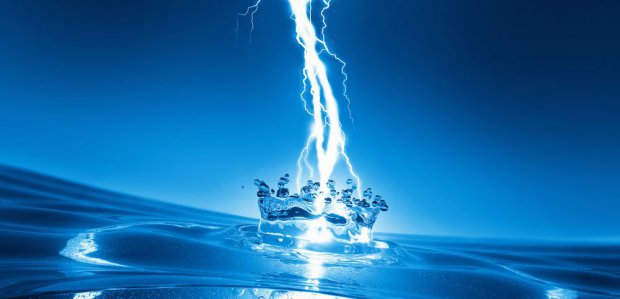RAE (Regulatory Authority for Energy) officials admitted that serious problems for Greece’s energy system continue to exist for the upcoming summer and next winter at a recent ad hoc meeting staged by IENE, the Institute of Energy for South-East Europe.
The event was held in view of the significant problems recently faced by Greece’s energy system, when the country’s electricity network nearly collapsed on two occasions and blackouts were averted only in the last minute.
Greek energy authorities examined the perilous state that the electricity and gas infrastructures found themselves in when demand soared for many days in subzero temperatures.
Nikos Boulaxis, chairman at RAE, admitted that Greece’s energy system was pushed to its limits during the energy crisis but overcame the challenge as a result of good coordination and a stroke of luck.
Boulaxis listed a series of measures to be taken by RAE in response to the energy crisis. These include an assessment of all competitive energy markets, to lead to regulation revisions; a road map to be prepared for natural gas market revisions; a review of the country’s gas infrastructure, with emphasis on a prospective third tank at the Revythoussa LNG terminal; the establishment of a new mechanism to monitor developments in neighboring markets so as to enable Greece to be better prepared; and the introduction of a new flexibility mechanism.
Event participants noted that elevated System Marginal Price (SMP) levels were not attributed to electricity producer offers but the formula applied to determine hydropower offers.
The market’s failure to reflect the high demand amid energy crisis conditions in natural gas and electricity prices was highlighted. The SMP in Greece reached 75 euros but was more than double this amount Bulgaria and Romania.
The low SMP levels in Greece resulted from overstated figures provided by PPC for lignite-fired stations. This ruled out imported electricity amounts, which have traditionally partially covered domestic demand, and, in addition, prompted electricity exports to foreign markets that ensured better prices for electricity production for as long as an export ban was not imposed.
Another failure, as was pointed out at the IENE meeting, was the complete failure by authorities to forecast the energy crisis, despite the availability of indicative figures from as early as September and October.
According to RAE conclusions drawn from the winter’s energy crisis, the demand response mechanism – enabling major industrial enterprises to benefit from electricity cost savings in exchange for shifting energy usage to off-peak hours whenever required by the operator – was effective.
Besides RAE, other energy sector authorities represented at the IENE meeting included: PPC, the main power utility; IPTO, the power grid operator; DEPA the Public Gas Corporation; RES producer associations; electricity suppliers; natural gas traders; HEDNO, the Hellenic Electricity Distribution Network Operator; EDA, the gas network operator; and ELPE, the Hellenic Petroleum.





